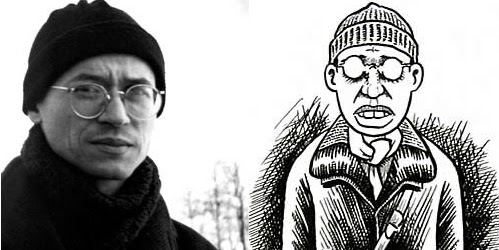I’ll be honest: Going into The Post, I wasn’t sure how much I was going to enjoy it.
I love the 1960s and the 1970s for the sheer number and importance of things that happened then, so naturally I’m interested in the Pentagon Papers. I love writing and journalism, too, so naturally I’m interested in The Washington Post, too. But in the back of my mind, when I walked into the movie theatre, there was a small, nagging part of me that was eager to file this away quickly as another melodramatic period drama that would be fine, sure, and entertaining to watch, but not particularly revelatory or groundbreaking.
Of course, I was completely wrong.
One of the things that kept me hesitant toward the beginning of the film ended up being one of my favorite things about it: its protagonist. The Post tells the stories of numerous people involved in the release of the Pentagon Papers, but mostly of Katharine Graham, played by the always-illustrious Meryl Streep. Katharine is the unlikely owner and publisher of The Washington Post—having inherited the paper after her husband’s suicide—and she is heavily doubted, not only by others but by herself. For much of the first half of the movie or so, she socializes with people and tries to remain polite and unthreatening. The ultimate thrill of the movie comes from watching Katharine slowly come out of her shell and start asserting herself within her own company—and that’s saying something, for a movie so ripe with lawbreaking, espionage, and national drama.
Katharine’s relatability as a character is furthermore doubled by the film’s approach to gender inequality. The film is full of masterful shots that work to display the bizarreness of Katherine’s situation; in one scene, for instance, she walks through a crowd of women waiting outside while a meeting is in progress, and when she enters the meeting, everyone else there is a man. One of the most triumphant moments comes when she walks down the steps of the courthouse after successfully breaking the Pentagon Papers story, surrounded on all sides by a crowd of quiet, adoring women. These moments are not overstated or in-your-face at all; in fact, the conflict presented by the fact that Katharine is a woman, while obvious, is left largely unspoken, with only a couple of exceptions. This is very refreshing to see, because it both feels truer to real life and speaks to the film’s ability to present a conflict without needing to have all of the characters loudly call it out.
What ultimately makes this film great is its even-handed attention to both style and substance. The intelligent shots and scene-setting are bolstered by a quality screenplay, seamless directing from (of course) Steven Spielberg, and a magnificent soundtrack from (again, of course) John Williams. But The Post is also deeply interested in its characters and in what makes them complicated. Katharine is deeply uncertain, and she and her editor-in-chief, Ben Bradlee (Tom Hanks), both face a complex dilemma in that they are personal friends with many of the people whose reputations would be ruined by the publication of the Pentagon Papers. Yet, even as these characters are forced to grow and to make difficult decisions, they still feel natural throughout; rather than doing cheap 360s, they mature within themselves in ways that are completely three-dimensional and thoroughly rendered.
The film leaves off on a particularly satisfying note: a winking hint at the Watergate scandal that followed soon after the publication of the Pentagon Papers. As a historical drama, The Post is so successful at revealing character, saying new things, and staying engaging, that when I left the theater, I couldn’t help wanting to see more. I wanted a new movie all about Watergate, a Post sequel. But I have a feeling you would have to track down all the same people in order to get it done right—after all, when you bring the likes of Meryl Streep, Tom Hanks, Steven Spielberg, and John Williams into a room together, you can’t help but get something wonderful out of it.













